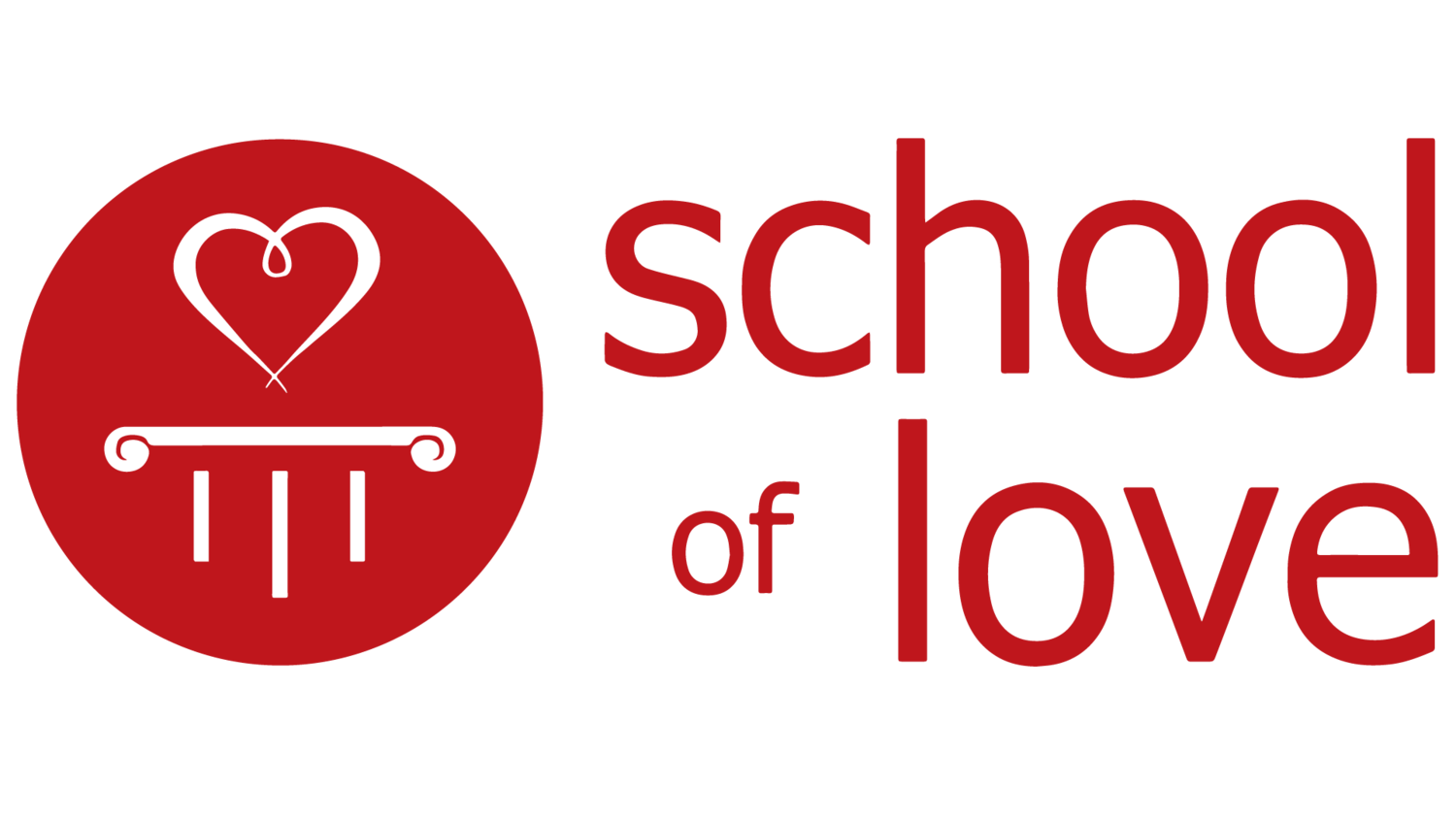Behold the Lord
Fourth Sunday of Advent (B)
Read this Gospel passage aloud to the family
Luke 1:26-38 – In the sixth month, the angel Gabriel was sent from God to a town of Galilee called Nazareth, to a virgin betrothed to a man named Joseph, of the house of David, and the virgin's name was Mary. And coming to her, he said, "Hail, full of grace! The Lord is with you." But she was greatly troubled at what was said and pondered what sort of greeting this might be. Then the angel said to her, "Do not be afraid, Mary, for you have found favor with God.
“Behold, you will conceive in your womb and bear a son, and you shall name him Jesus. He will be great and will be called Son of the Most High, and the Lord God will give him the throne of David his father, and he will rule over the house of Jacob forever, and of his kingdom there will be no end." But Mary said to the angel, "How can this be, since I have no relations with a man?" And the angel said to her in reply, "The Holy Spirit will come upon you, and the power of the Most High will overshadow you. Therefore the child to be born will be called holy, the Son of God. And behold, Elizabeth, your relative, has also conceived a son in her old age, and this is the sixth month for her who was called barren; for nothing will be impossible for God." Mary said, "Behold, I am the handmaid of the Lord. May it be done to me according to your word." Then the angel departed from her.
(Parent) Reread this part a few times aloud
“Behold…”
(Parent) Read this meditation aloud to the family
This Gospel passage is one that so familiar to us. It might even be the Gospel reading most used as a Mass Gospel during the liturgical year. (In fact, it is used twice this very week.) But it is good that we continue to return to it again and again, because there is no end to the value we can receive from it. Christ is in it, so everything is in it.
In this Gospel passage Mary gives us a wonderful example of ways to be receptive to what the Lord is giving us. We’ll focus on three parts of this receptivity to the Lord here.
One, the angel tells Mary to, “Behold”. We should also behold. We should look attentively at this scene. When we pray, what is perhaps even more important than learning a good lesson and applying it to our lives, is simply to behold Jesus, and to be with Him.
Two, we see Mary pondering, considering what this all means. We are shown more of her pondering as Luke’s Gospel continues. In fact, we later see her pondering “in her heart”, or reflecting lovingly on the works God is doing in her life. We should also ponder in our hearts, asking what these events mean for us. What does it mean for us, individually, that (for instance): Mary didn’t fully understand, or the angel tells her not to be afraid, or this event is actually the first moment where God takes on flesh and becomes man, or we hear, “nothing is impossible for God”, or any number of other realities of this situation and passage? These realities mean something for us, also, and so we must pray and ponder what that is.
Three, Mary says, “Yes”. She actually says, “May it be done to me according to your word.” Though she doesn’t fully understand, she gives her absolute “yes” to God’s will. We should also give God our “yes”. And like Mary found, so we will also find in this Gospel, and coming up at Christmas, and in fact in every single situation where the Lord asks something of us… that what He is really giving us in these situations is Himself.
As a family, pray a portion of the Rosary together (very short if children are young) reflecting on the Scripture passage above.(Optional: allow a brief time for discussion or questions from children concerning their thoughts and prayer.)
Reminder for Parents: Pier is just meant to be a jumping off point. The real goal is that you pray & eventually use the fruits of your personal prayer as the content of your family’s prayer. Duc in altum.
Like Pier? Share it with others (via links below) / Subscribe to it (below) / Support (the mission)
